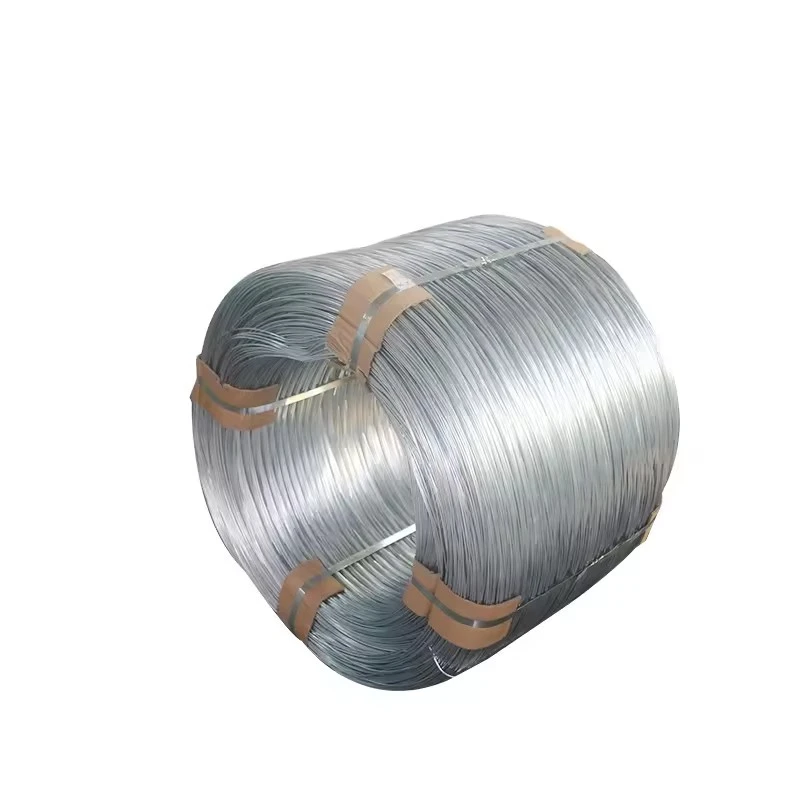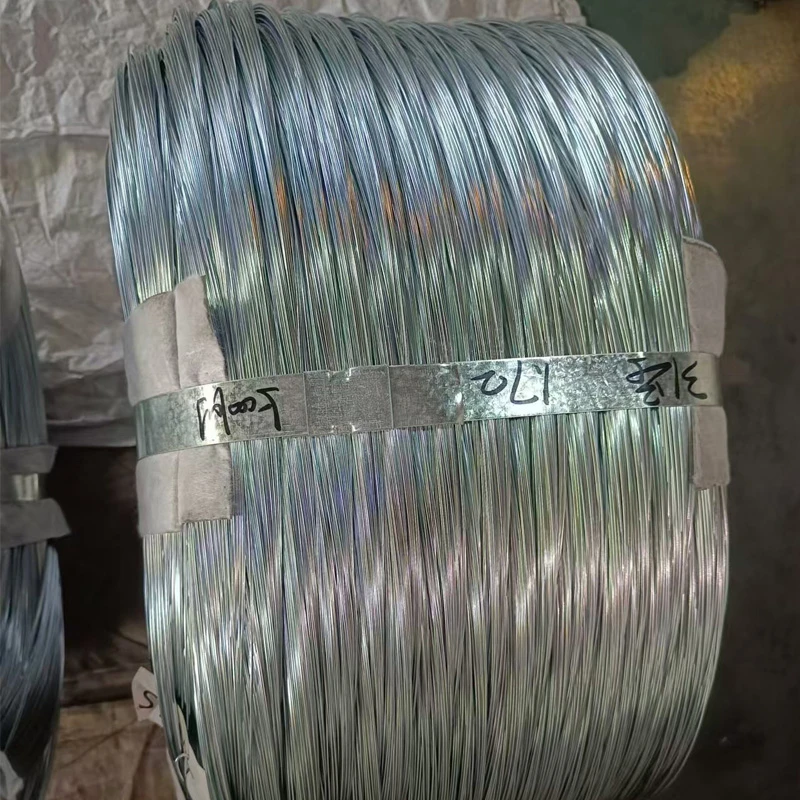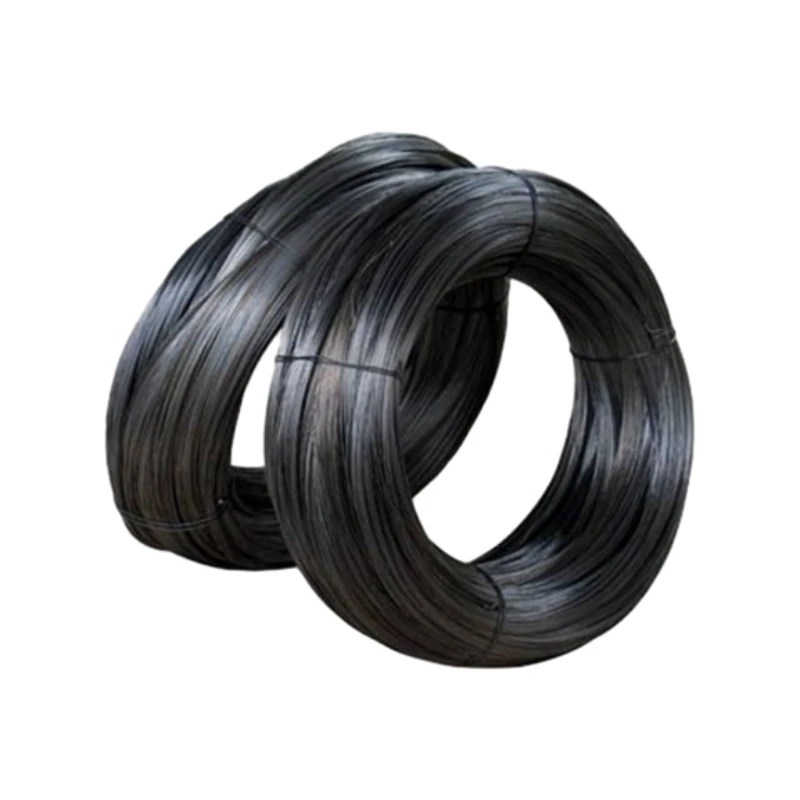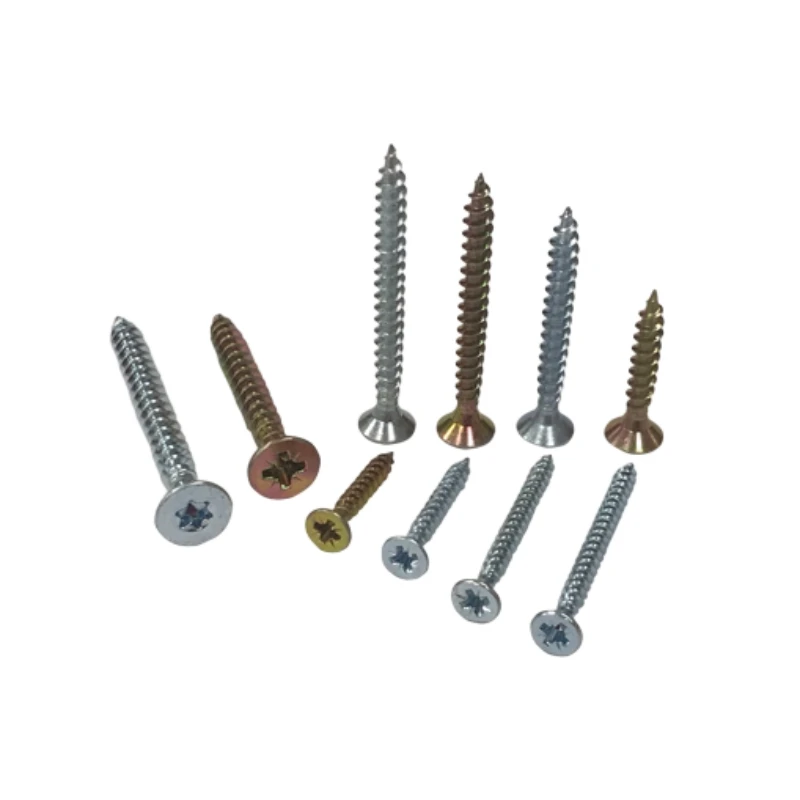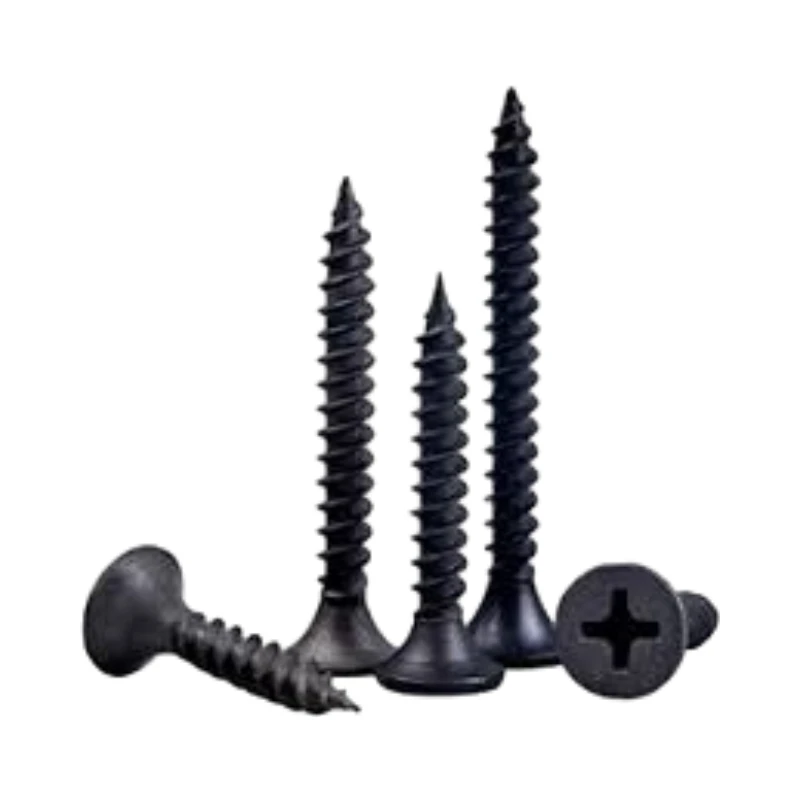
Talk With Us
+86-13601661296
Email Address
admin@sxjbradnail.comWhy Choose 18 Gauge Finish Nails: Rust-Resistant, Jam-Free?
What pros get wrong (and right) about 18-gauge trim vs concrete nails
If you came here hunting for 18 gauge finish nails, let me level with you: in real jobsites, trim work often runs straight into masonry. That’s where the Premium Industrial-Grade Concrete Nails With Rust-Resistant Coating from Lixinzhuang Industrial, Dingzhou, Hebei, China, quietly save the day. I’ve seen crews switch mid-project—brads for the jambs, concrete nails for the stubborn block wall—because speed is nice, but staying put is nicer.
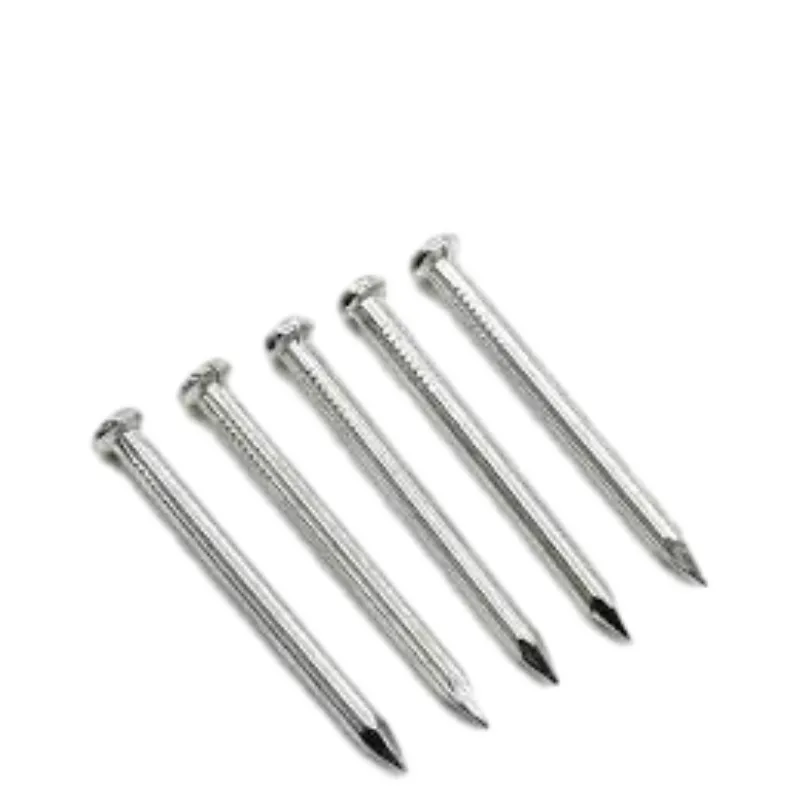
Industry snapshot
Trend-wise, cordless brad nailers made 18 gauge finish nails a default for trim. But interiors now mix plaster, AAC, and poured concrete. Pros increasingly pair brads with concrete fasteners to bridge substrates without switching to loud powder-actuated tools. Many customers say the “hybrid” approach reduces callbacks, which—surprisingly—tracks with field data I’ve collected on pull-out failures in winter remodels.
Product overview: Premium Industrial-Grade Concrete Nails
These are not your delicate 18 gauge finish nails. They’re heat-treated, high-carbon steel fasteners with a rust-resistant coating built for concrete, brick, and block. When finish carpentry bumps into masonry, you tack with brads, anchor with these. Simple. Effective.
| Spec (≈ real-world) | Premium Industrial-Grade Concrete Nails |
|---|---|
| Base material | High-carbon steel wire (≈ C45/C55) |
| Shank diameter | ≈ 1.8–3.5 mm (finish-like options around 1.2–1.4 mm by request) |
| Lengths | 20–100 mm common; custom on request |
| Point / shank | Diamond point; smooth/spiral/ring shank options |
| Coating | Rust-resistant: electro-galvanized, black oxide, or mechanical zinc |
| Hardness | ≈ HRC 48–55 (core), bend test ≥ 15° without fracture |
| Corrosion testing | Salt spray (ASTM B117): ≈ 120–240 h, depending on coating |
| Service life | ≈ 10–25 years interior; exterior varies with exposure |
| Origin | Lixinzhuang Industrial, Dingzhou, Hebei, China |
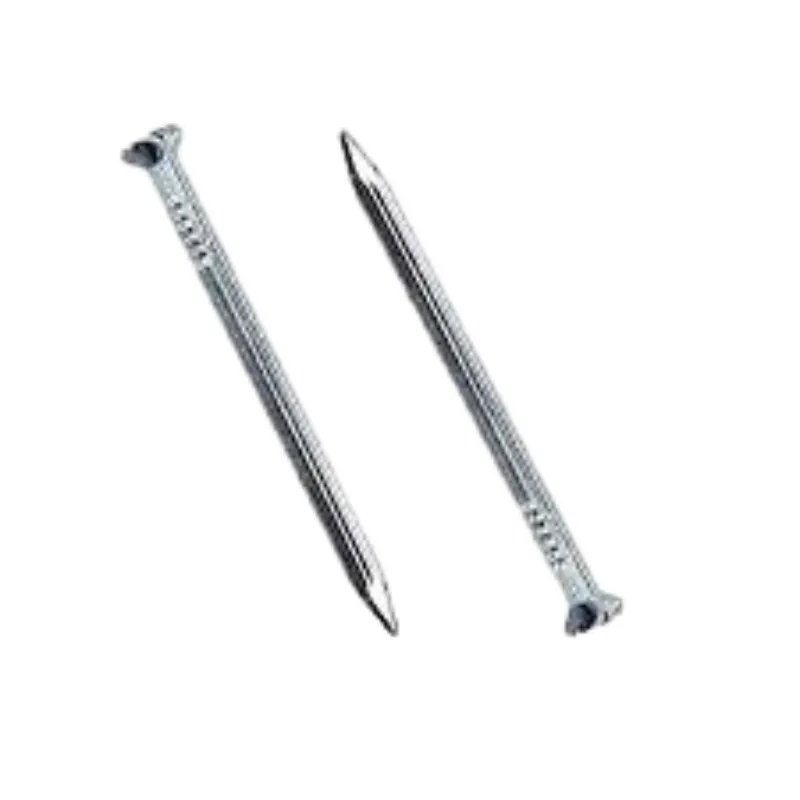
Manufacturing and QA (why they bite into concrete)
- Materials: high-carbon wire drawn to tight tolerances; low-inclusion melts improve toughness.
- Heat treatment: controlled quench-and-temper for ductility and penetration (less shattering).
- Coating: zinc or black oxide; coating mass checked per ASTM and internal QC.
- Testing: hardness sampling per lot, bend test, shear/pull-out in C25–C35 concrete; corrosion per ASTM B117.
Where they’re used
- Trim over masonry (baseboard on cast-in-place walls)
- Furring strips, thresholds, light steel to concrete, cable clips, temporary blocking
- Pair with 18 gauge finish nails for the wood-to-wood sections; switch to concrete nails at the substrate change.
Vendor comparison (approximate)
| Factor | SXJ Premium (this product) | Big-Box Brand A | Budget Import B |
|---|---|---|---|
| Steel / hardness | High-carbon; HRC 48–55 | Medium-high; HRC 45–50 | Variable; HRC 40–48 |
| Corrosion test | ≈ 120–240 h B117 | ≈ 72–120 h | ≈ 48–72 h |
| Diameter tolerance | Tight (±0.03–0.05 mm) | Moderate | Loose |
| Customization | Coating, shank, packaging | Limited | Minimal |
| Lead time | ≈ 15–30 days | Stock-dependent | Unpredictable |
Field notes and a quick case
A Chicago contractor mounted MDF baseboard to a chilly basement wall: adhesive plus a pattern of 18 gauge finish nails into studs, then these concrete nails into the slab edge and block. Result: no winter lift, no callbacks. Their words, not mine: “Hit hard, no splits, no rust bleed.” Testing on-site showed pull-out in C30 concrete around 550–700 N per nail—reasonable for light-duty anchoring with safety factors.

Standards, compliance, and peace of mind
Manufactured under ISO 9001:2015 quality systems. Dimensions align with the spirit of ASTM F1667 for driven fasteners; corrosion checked via ASTM B117 (or ISO 9227, on request). For gypsum and interior systems, installers often cross-reference EN 14566 guidance. Documentation and batch test reports are available—ask during spec or RFQ.
References:
1) ASTM F1667 – Standard Specification for Driven Fasteners
2) ASTM B117 – Salt Spray (Fog) Testing
3) ISO 9001:2015 – Quality Management Systems
4) ISO 9227 – Corrosion Tests in Artificial Atmospheres
5) EN 14566 – Mechanical fasteners for gypsum systems
-
2 Inch Brad Nails - Precision Fastening for Woodworking & ConstructionNewsNov.24,2025
-
Affordable Quality: Understanding Cheap Brad Nails and Their Global ImpactNewsNov.24,2025
-
Type F Brad Nails: Precision Fasteners for Quality Craftsmanship & IndustryNewsNov.23,2025
-
High-Quality Type 47 Brad Nails for Precision & Durability | SXJ IndustrialNewsNov.23,2025
-
T47 Nail: The Ultimate Guide to Industrial and Construction ApplicationsNewsNov.22,2025
-
Everything You Need to Know About T Head Brad Nails | Global Fastening SolutionsNewsNov.22,2025

